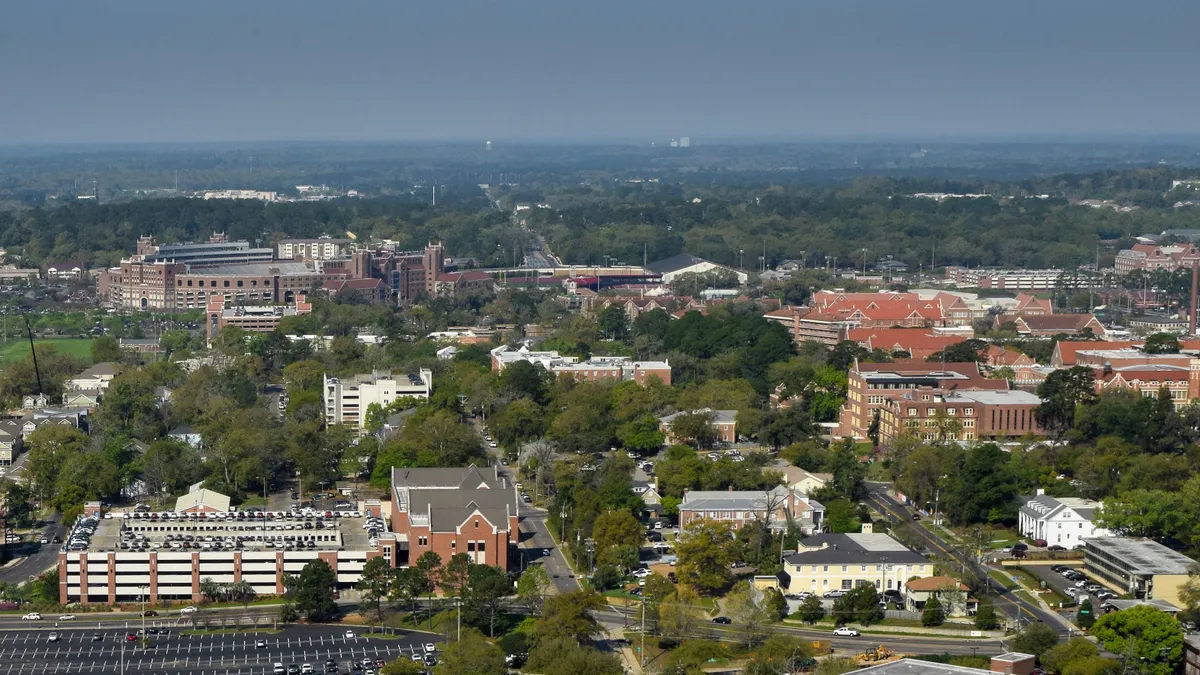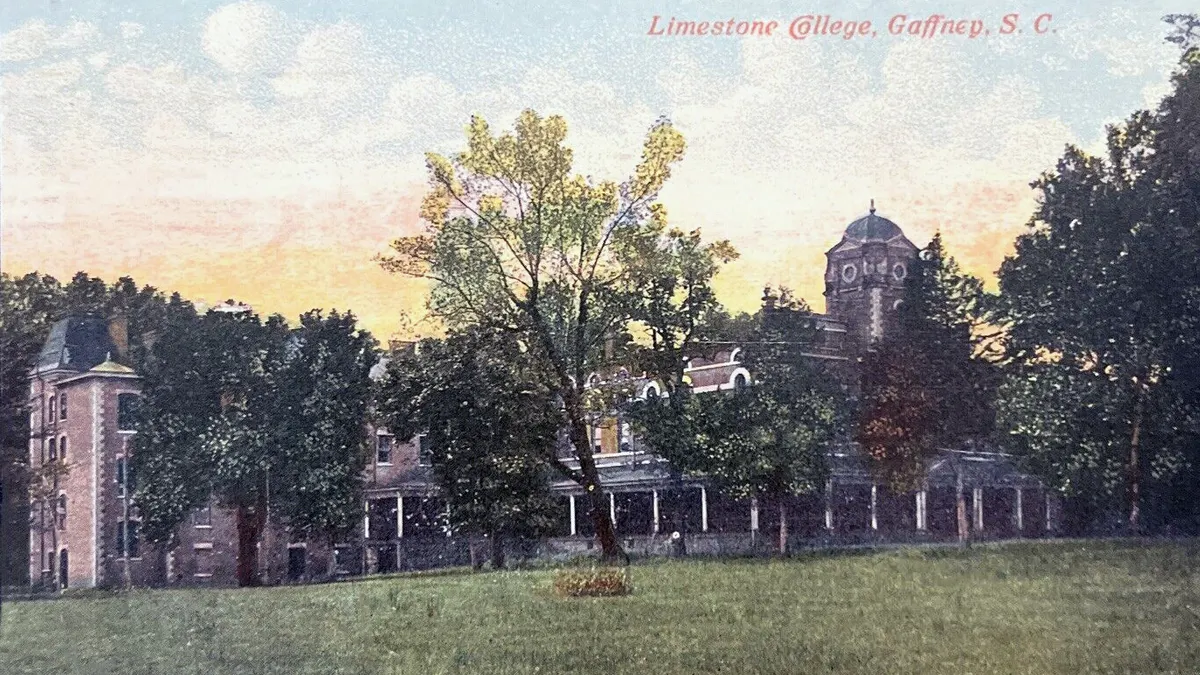Dive Brief:
- Touro College Jacob D. Fuchsberg Law Center Dean Henry Ballan said law schools have a responsibility to shape future lawyers who are not only adept in the traditional doctrinal studies, but who are cutting edge in embracing the global world and digital technology while still maintaining a close eye for the community.
- “I think what is true in this global world, which is very connected, is that the professions too are connected,” Ballan said in a phone conversation, adding that a cross disciplinary approach is always valuable to individuals and society at large. “I think that law schools have an extremely valuable role to play to help us in a world that is unprecedented.”
- The dean of the law school in Central Islip, New York, also said legal educators should focus as much on the non-cognitive skills as the cognitive ones, and the relationships each institution has with its local community is key to building on the non-cognitive skills students need for post-graduate success. “A law school ... will become, to the extent that it isn’t already, a place where the complexities of a global world and a more digital world will come together with public service on a more local level," and all of the intricacies of law on a macro level.
Dive Insight:
Ballan's argument that law schools need to prepare students for jobs that may not exist yet is one that transcends higher ed.
”We’re living in a world where we have new things ... we now have digital currencies, we don’t know how to regulate them — we don’t know if they should be regulated — [and] we have law interacting with economics in new ways," he said. "Within the context of a legal education, you could learn about the economics of insurance or the emerging issues in bioethics and healthcare compliance."
Still as he pointed out, there doesn't have to be any contradiction between focusing on stronger foundations of specific disciplines and promoting more interdisciplinary instruction. “There are questions that advance learning, more or less, and there are questions that don’t advance learning, and if you can adopt an attitude where your aim is human flourishing, and where, with all the uncertainties of this change that we’re floating upon by a fragile boat, if you can take your bearings by a north star, that north star should be the student,” he said.
Instruction should also be conscious of the surrounding community and the world in which students will be working after graduation, and there should also be a focus on individuals as a collection of their experiences, with a recognition that “all of these students collectively” — and their experiences — “are going to make up the profession in the future,” he said.








